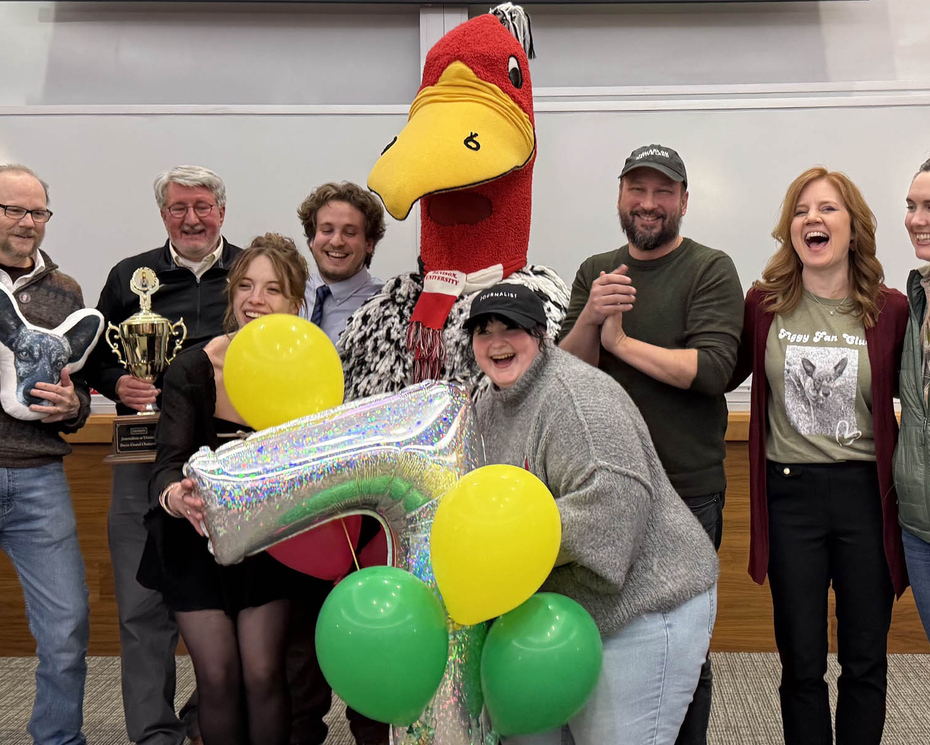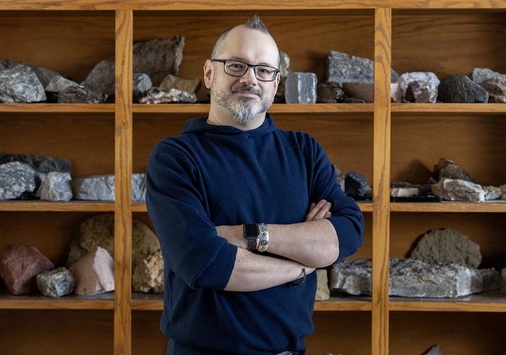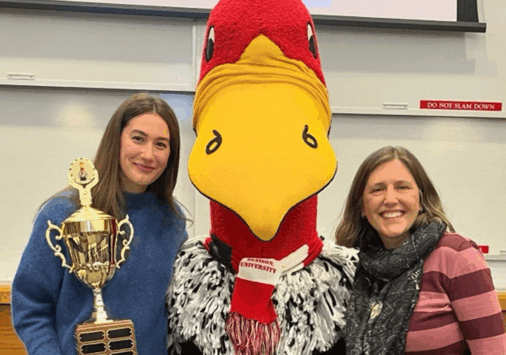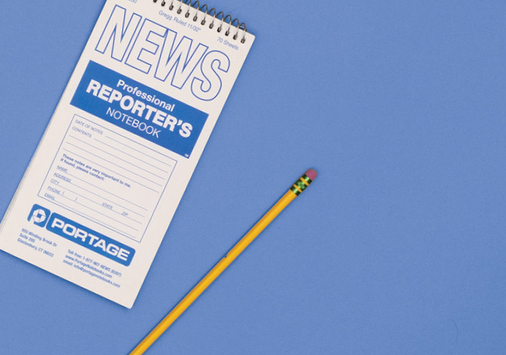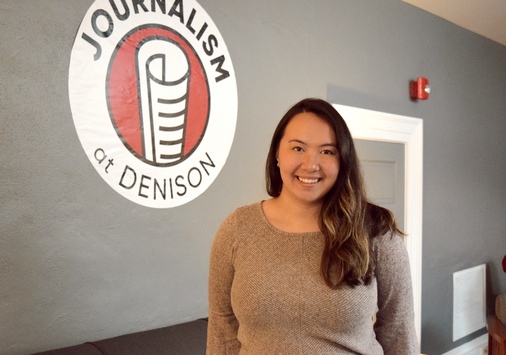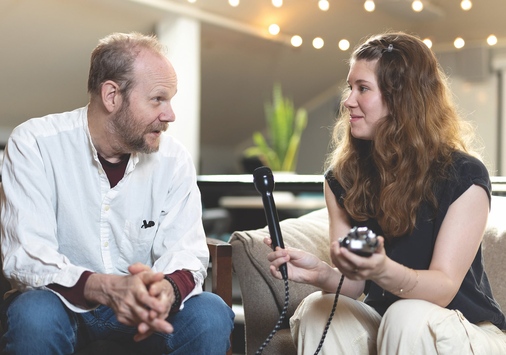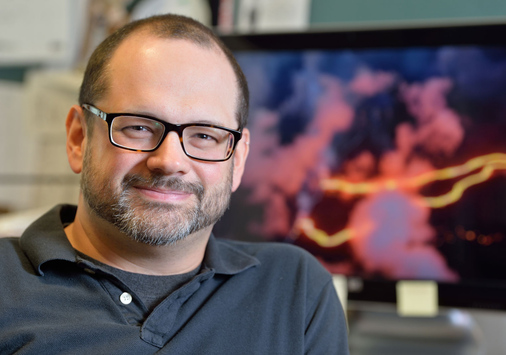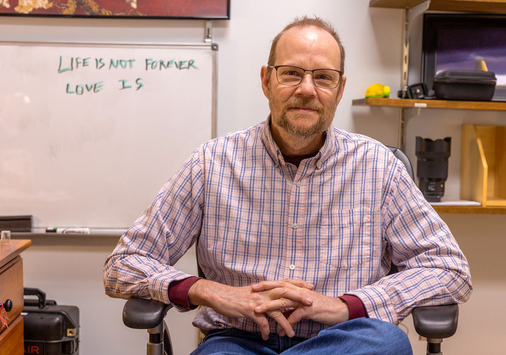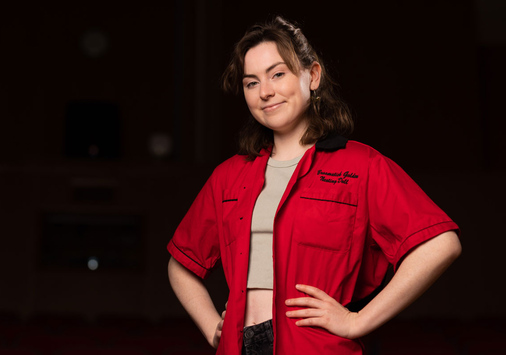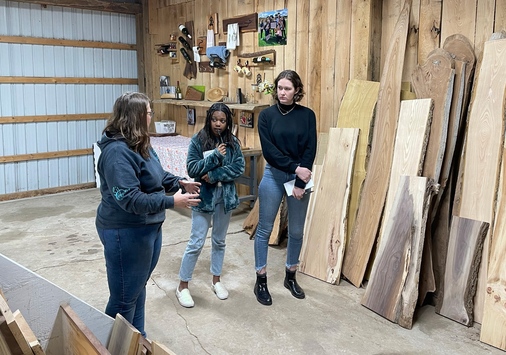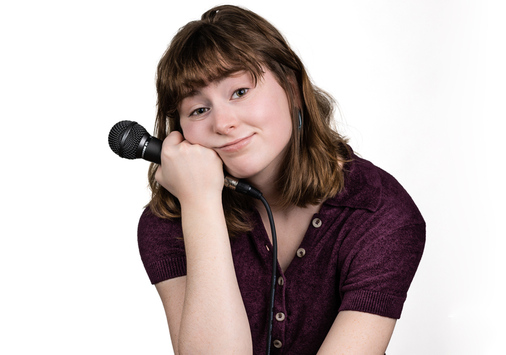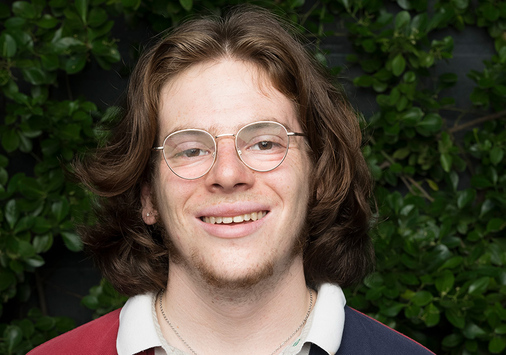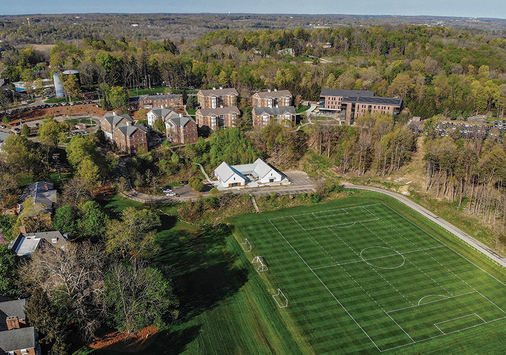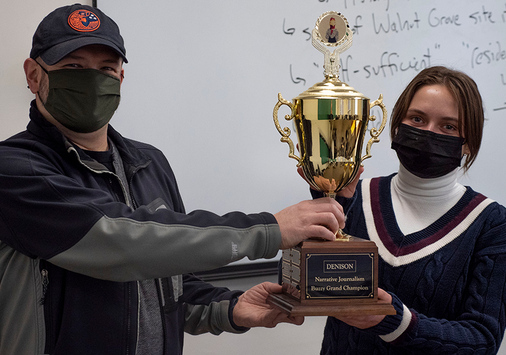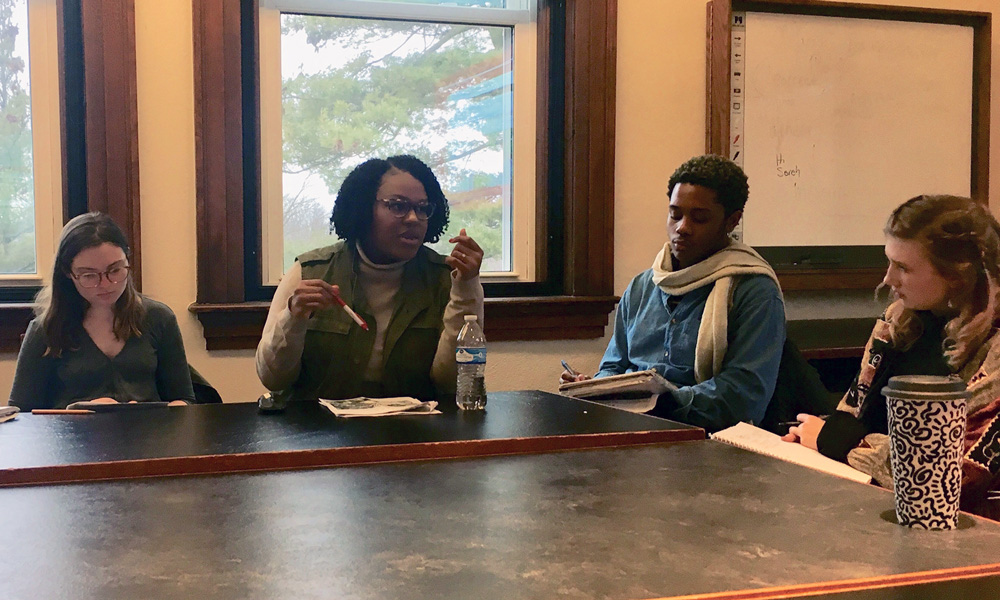
Often hidden behind journalistic prose is the interview, a chance for the writer to connect with his/her source in order to tell a powerful, human-centered story.
“You can’t have a good story without a good interview,” says journalist Brittany King. King gave an interviewing workshop at Denison in February 2019.
Students from many disciplines learned how to smoothly and ethically conduct interviews, which often set the grounding for strong works of journalism and academic research. King’s visit was co-sponsored by the Narrative Journalism program and the Black Studies Department.
King is an Indianapolis-based freelance writer and communications strategist. Her writing has appeared in Pacific Standard, Indianapolis Recorder, The Lily, and Harvard Magazine, among other publications. She often reports on race, gender, and politics.
Starting the discussion by sharing her approaches to interviews and how she views the responsibilities of a journalist, King explained that writers cannot avoid implicit bias, as a story’s angle is based on the writer’s identity. She added that the best way to strengthen your objectivity in writing is through empathy; you have to understand where your sources are coming from, and that starts at the interview.
“Do your due diligence to get the whole picture,” said King.
At the workshop’s round table, King distributed copies of her Indianapolis Recorder article “Precarious Life of Being a Black, Trans Woman.” She asked students to critique it — to consider questions they would have asked the woman whom the story spotlights, what works, and what’s missing. Students commented on King’s strong use of research, transparency, and careful storytelling.
Revealing her own struggles in crafting the article, King shared her interviewing experience. The first half of the interview, King said, was unproductive because she was so nervous. She explained that the Indianapolis Recorder had never written about LGBTQ issues before, and she was “afraid about asking the wrong thing.”
King’s interviewee, Kimberly Acoff, sensed her nerves and so they decided to take a break. King returned wanting to build connection and trust. She said to Acoff, a trans woman of color: “Tell me what people like me don’t understand about your struggle or your journey.”
During the second-half of the interview, their nerves eased and Acoff opened up, telling King stories of her life. In turn, King was able to enrich her written narrative with evocative scenes, like when Acoff, as a child, asked her grandmother how to become a girl, to which her grandmother replied, “Kiss your elbows.”
King said an interview should be like one big conversation, not walking through a list of questions. “Empathy makes or breaks an interview,” she said.
